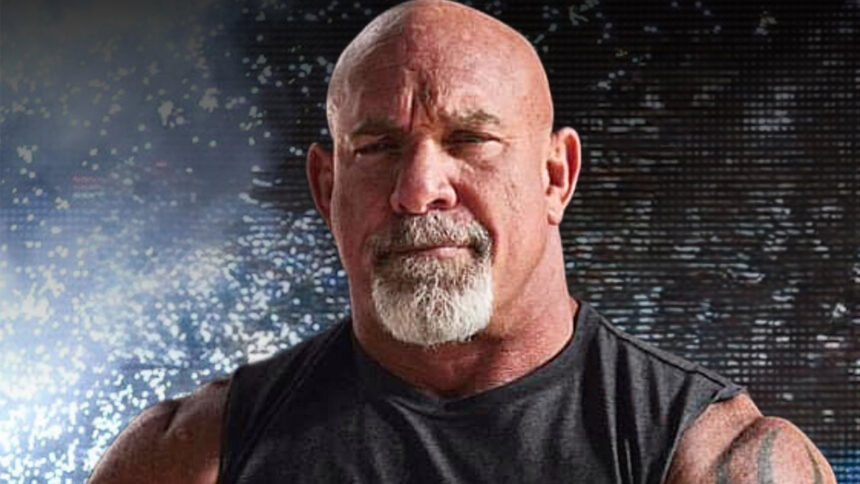When Bill Goldberg entered the ring for his final match at the age of 58, he achieved something that was once nearly unimaginable for wrestlers from earlier generations.
In a recent conversation with the Claw Pod, Goldberg shared his perspective on how the wrestling industry has changed to support longer careers for performers.
“People are getting better at taking care of themselves,” Goldberg said when discussing the differences between today’s wrestlers and those from the past. “The business now allows for a longer career, and the demanding schedules aren’t as intense as they used to be.”
The difference compared to past generations is striking. As Goldberg noted, wrestlers in earlier decades who reached 58 were often considered lucky just to be alive, highlighting the harsh realities of constant travel and the physical toll endured nearly year-round.
Goldberg attributes career longevity to improved physical care and more strategic scheduling. Unlike the 80s and 90s wrestlers who worked hundreds of shows annually, current veterans can select their matches and prepare properly.
Personal motivation also fuels Goldberg’s fitness. The birth of his 19-year-old son Gage, a college football player in Colorado, provided extra inspiration. “Gage helped me realize that you not only need to talk the talk but also walk the walk,” Goldberg shared.
This evolution also includes greater control over career decisions. Modern wrestlers can now choose when to retire instead of being forced out by injury or circumstances. “I’m ready for a while, not that it’s going to happen anytime soon,” Goldberg commented.
Goldberg competing at 58 with an imposing presence sets a new precedent for balancing long-term health, maintaining a star’s legacy, and allowing veteran wrestlers to finish their careers on their own terms.
Fan Take: This development is huge for WWE fans as it signals a more sustainable future for wrestling careers, preserving the legends fans grew up loving while still delivering high-quality matches. It could also reshape the sport by encouraging smarter career management and healthier lifestyles, benefiting both performers and fans alike.













